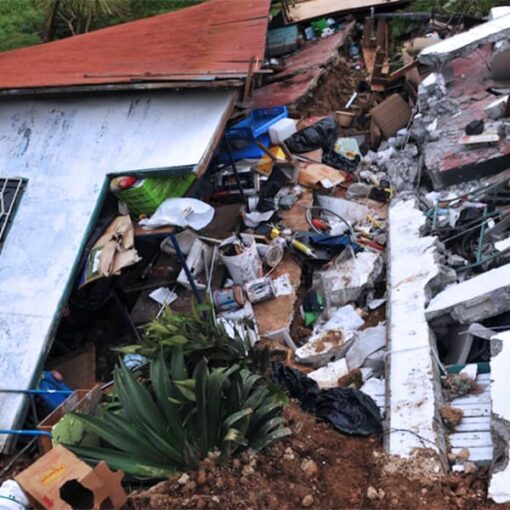Café Plus is implementing an innovative project that includes a payment-for-results mechanism to promote regenerative practices in coffee production, aligned with international standards.
Heredia, September 2025. “Espresso Van” is the first mobile coffee school in our country and will tour different coffee-growing regions with the aim of connecting producers and consumers with technology and innovation in the coffee sector, as well as promoting sustainable practices. This is an initiative promoted by the Café+ project, developed by the Costa Rican Coffee Institute (ICAFE) and CRUSA.
The Mobile School is a unique model in the country, bringing knowledge directly to coffee-growing farms and communities. It also provides access to training and technology to all regions of the country.
“The country’s coffee sector offers excellent-quality beans; however, it faces challenges such as complying with international standards—such as zero deforestation—closing the generational gap to incorporate young people into its value chain, and access to technology. Therefore, at CRUSA, we believe that through this mobile school, we can provide producers with solutions to promote the transformation and innovation of this productive sector,” emphasized Byron Salas, CRUSA’s Executive Director.
Coffee and Zero Deforestation
Café+: Zero Deforestation is a project that improves the competitiveness of the golden bean, ensures compliance with European Union requirements, and strengthens the sustainability and resilience of the coffee sector. It also positions it as a deforestation-free product in international markets. This project benefits more than 2,678 coffee producers, 304 mills, and 93 exporting companies.
“With the Espresso Van Mobile Coffee School, we are bringing knowledge and innovation directly to the farms, so that each producer has access to the tools that allow them to improve their productivity. This effort also opens the door for new generations to more easily integrate into coffee farming, finding in it a modern, sustainable sector with real opportunities for development throughout the entire value chain. Likewise, with this, we are bringing high-quality coffee produced in Costa Rica closer to the national consumer, developing a conscious consumer,” stated Gustavo Jiménez, Executive Director of ICAFE.
Rural employment source
The Costa Rican coffee sector, which represents more than 25,000 producing families, 304 mills, and 102 exporters, faces critical challenges. These include the effects of climate change, low productivity, the urgent need for generational integration, and the greater participation of women in the different stages of the production chain.
About Espresso Van:
It is a Maxus equipped with everything necessary for producers to learn barista skills, such as an espresso machine, water heaters, a grinder, a coffee filter machine, water inlets, and electrical outlets, with an average runtime of 6 hours. It runs on electric batteries.
About CRUSA
CRUSA is an independent, non-political, and non-profit Costa Rican organization that, since 1996, has contributed to improving people’s quality of life and promoting sustainable development in Costa Rica. As part of the 22-27 Strategy, it is committed to promoting the entrepreneurial ecosystem and creating high-impact companies for more sustainable, prosperous, and inclusive growth.

– Advertisement –
Source link
Guillermo Agudelo



